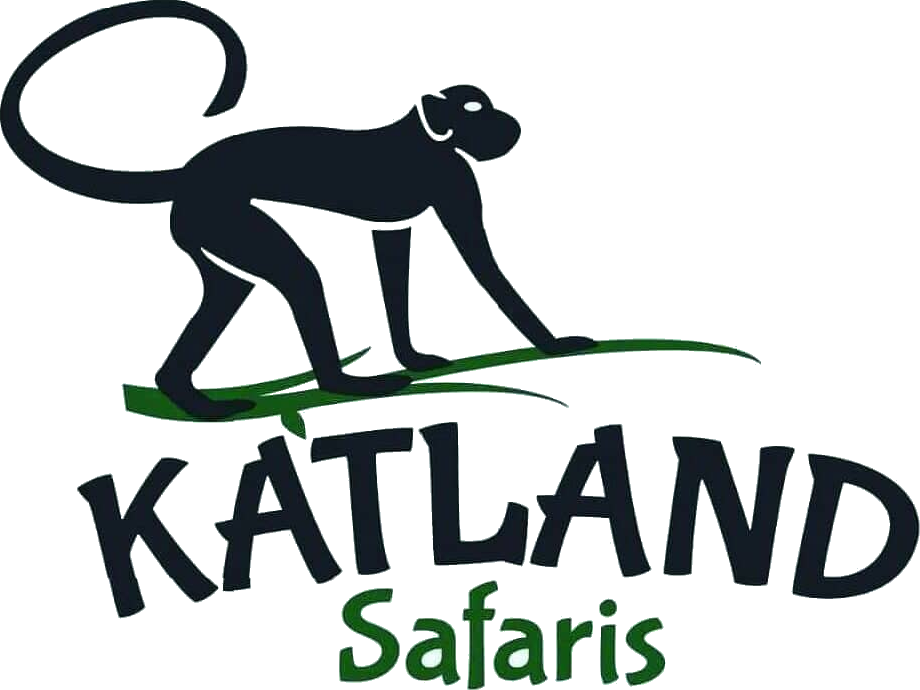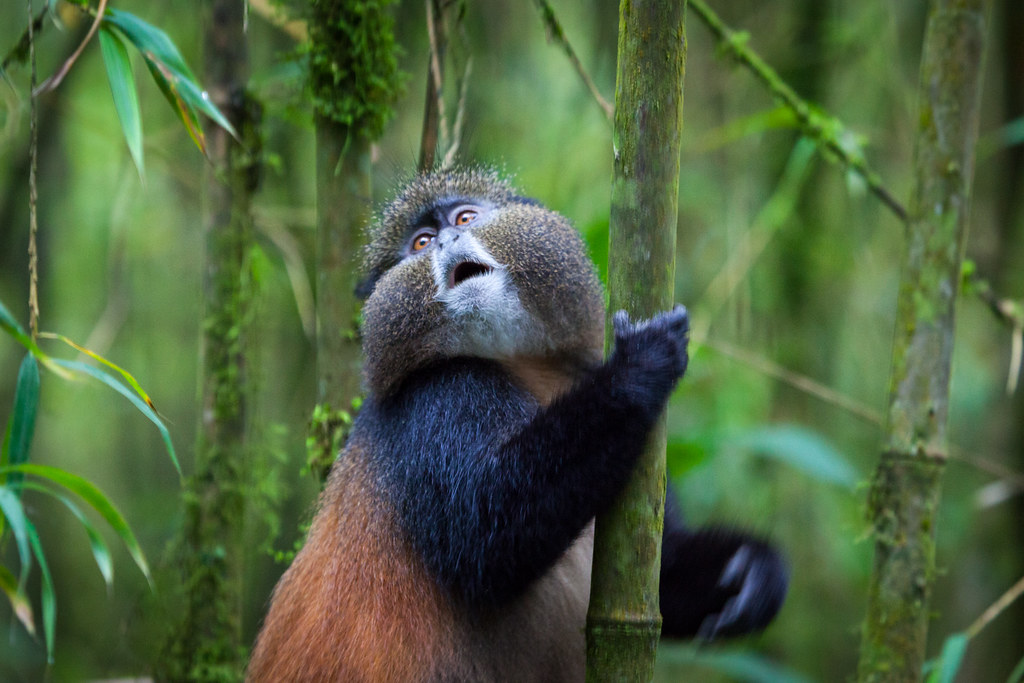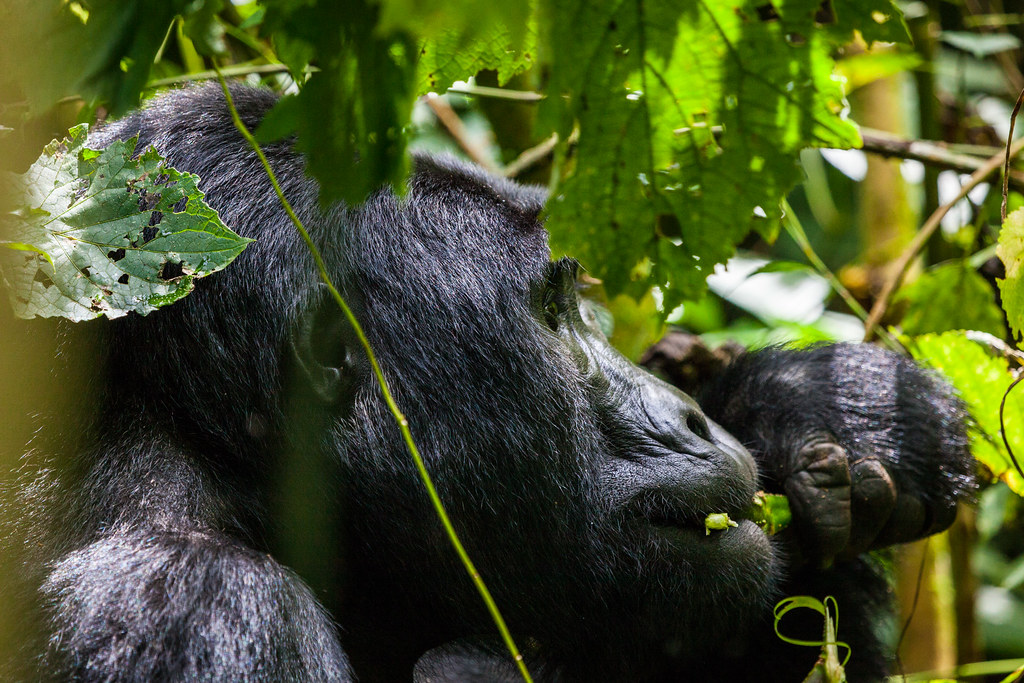Value Added Tax Charged On Up Country Lodges.
Value Added Tax: Uganda’s tourist sector is developing and needs government financing. By charging VAT on upcountry accommodations, the government may fund less popular tourism destinations but yet need to be conserved. All safari packages from tour providers include this charge.
These lodges benefit from road development work in the parks where they are located. Since rural roads have been rough and dusty for years, VAT funds such operations.
After reviewing the 2014/15 Budget, the Ugandan minister of finance reinstated 18% VAT on all upcountry hotels and lodges. The 2013 VAT introduction was halted due to considerable resistance from tour operators, hoteliers, and other tourist players. This was sudden and would cost them as they had provided bids to customers without VAT and it would be difficult and unprofessional to send fresh quotes with VAT.
Others said Uganda should invest in tourist marketing and infrastructure before raising taxes and making it more costly than Kenya and Tanzania.
VAT will raise all prices by 18%, therefore Uganda trip packages will rise. Other items like fuel have been impacted, which means shipping costs will rise.
However, the government says we should become self-sufficient by collecting finances from Ugandans and their companies rather than depending on foreign help with strings. After funding cutbacks due to corruption and the anti-homosexuality law, insiders say the government must tax its citizens heavily.
Value Added Tax Contributing to Responsible Uganda Safari Travel.
Lodge Food Purchase
Each plate of lodge food is taxed, and the government uses this revenue to support tourism during budget reading.
Responsible travel benefits from supporting ecologically and socially responsible enterprises. Your souvenir purchase helps the local community meet its fundamental requirements. Hiring a porter for gorilla trekking supports the local community.
Use local tour companies with local guides and services for a genuine experience. Local enterprises like Katland Safaris promote ethical travel to preserve tourist treasures for future generations.
Avoid buying things made from endangered animal parts or natural materials. The world opposes selling animal parts, particularly if killing the animal is the only way to get them. Uganda safaris must be sustainable to preserve wildlife that is vanishing.
Follow the customary norms of the Uganda safari location you visit, notably its religious and cultural beliefs, to preserve its uniqueness and authenticity.
Use approved walking and driving pathways. Take pictures and memories of your Uganda safari with simply footprints and tire traces.
Do not dump non-decomposing waste. This changes the wild animal habitat.
Request permission to film or photograph residents. They feel safe and secure. It shows respect to them, and you have fun with these pleasant folks. Ugandans are friendly.
How to Help Communities In Uganda Safari
Take communal walks, particularly in parks. Local invasions threaten the conservation area. Gorilla hiking in Mgahinga National Park includes the Batwa path and Garama cave visit with the Batwa. The Batwa were displaced from their primary supplier, the forest. They own and operate this community initiative to profit from the forest.
Every park admission charge donates 20% to the local community, so you indirectly contribute back.
Community activities like Bigodi Swamp in Kibale National Park are decided by the locals. Uganda Community Tourism Association (UCOTA) is its umbrella.
To help underprivileged people surrounding tourist attractions better their lives using community-based goods. Art and crafts are sold by the Kikorongo Women’s organization near Queen Elizabeth National Park. Nkuringo Community Wall and Buhoma Community Walk in Bwindi Impenetrable National Park allow visitors to meet banana beer brewers, traditional healers, blacksmiths, and others.

Activities for Uganda Safari
Gorilla Trekking
Uganda only allows gorilla trekking in Bwindi Impenetrable and Mgahinga National Parks. You need a permit to hike gorillas. The Uganda Wildlife Authority sells licenses. For the full experience, pack the correct gorilla trekking gear.
Safari Hiking in Uganda
Uganda has several gorgeous highlands, but Rwenzori Mountain is the best. Reaching Rwenzori Mountain may take 7 days. Ranger guides and porters must be booked in advance for Rwenzori Mountain.
Snowcapped Magheritah is its highest peak. Other mountains to trek are Elgon, Muhavura, Gahinga, Sabyinyo, and others.
Nile white-water rafting
Beating the River Nile’s strong tides is an adrenaline-pumping, humorous experience. No experience is needed to join this fun; teachers will explain everything.
Kayaker instructors are there to help; follow their directions. You may enjoy different tidal levels depending on your skill.
Uganda chimpanzee trekking
Kibale National Park has the most habituated chimpanzees in Uganda, making it a wonderful hiking destination. Attendees require chimpanzee hiking permits. The country’s other chimpanzee trekking sites are Kyambura Gorge in Queen Elizabeth National Park, Kaniyo pabidi woodland in Murchison Falls National Park, and Ngamba Sanctuary.
Sport fishing in Uganda safari
Some Ugandan waterways are dedicated to sport fishing. Murchison Falls National Park offers sport fishing boats and captains to transport your gear and lures on the Nile. Even Lake Victoria has sport fishing spots.
You may capture Nile Perch, tilapia, cut fish, mud fish, and more.
Launch tours during Uganda Safari
Ugandan national parks with beautiful waterways provide pleasant launch cruises. The Murchison Falls National Park launch tour shows the Nile as it squeezes through the small valley and forms a cloud.
Kazinga channel launch trips reveal the Rift Valley floor’s beauty. Lions, leopards, elephants, cape buffaloes, waterbucks, and bushbucks may be seen. Many birds appreciate the Kazinga channel’s banks.
Uganda Safari Rules
Avoid littering the wilderness because it changes nature. Park tracks aren’t tarmacked for this purpose. Keep trash in your car during game drives.
Without Uganda Wildlife Authority approval, never transport animal parts, live animals, birds, or anything else from the pack.
Imprisonment or a steep fine is possible.
Shouting at wildlife parks scares animals.
Stop feeding wild animals—they must find their food. Roadside primates have been fed by passersby and are losing their ability to feed themselves. If passengers don’t offer them food, others steal. In such cases, automobiles have hit several of these creatures.
Uganda safari gorilla and chimpanzee trekkers must be briefed.
Never wander the park late at night without a ranger. Jungle carnivores may eat you.
During gorilla and chimpanzee hiking, bury all feces at least 30 cm deep.
Avoid smoking and drinking around wild animals. They may steal your food.
Don’t go off course on game drives—you might hurt yourself or the animals.
Never spit on plants, which most animals, particularly herbivores, eat.
Avoid getting lost in the bush on primate safaris by staying with your group. Stay with the group during game drives.
What to Bring for Uganda Safari
Apply insect repellent to avoid stinging insects.
Safari clothes in jungle-friendly colors like Khaki won’t get soiled since wildlife parks may be dusty or muddy, particularly when gorilla trekking.
Medical soap for wild water allergies.
Nighttime pajamas
A foldable hat for outdoor dust and bug protection.
Early morning and late afternoon Parks are cool, so bring warmers.
Game drives in flip-flops or gorilla trekking with tracking boots
Sunglasses to shield your eyes from park insects and sun rays
Travel insurance for emergencies
Prepare for emergencies with a first aid kit and camera to capture memories of your Uganda safari.
Packing cubes for simple unpacking checks
Eat snacks while gorilla trekking, chimpanzee tracking, and game drives when you’re hungry and fatigued.
Your lodge may not supply toiletries.
Some cash to swap into local currency for ground transactions. The cumbersome process of retrieving money from credit cards discourages locals from using them.



